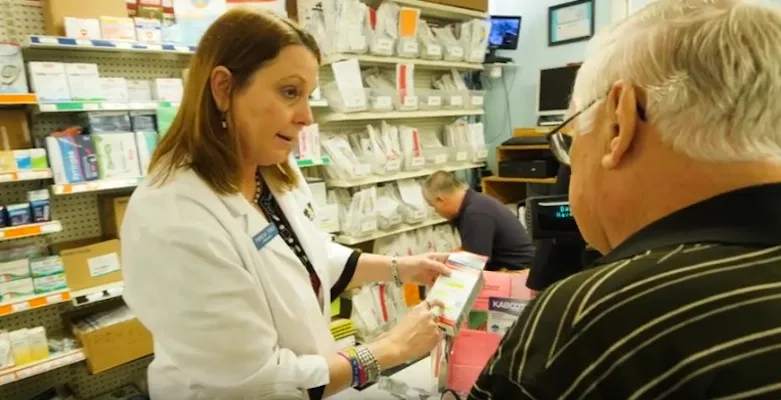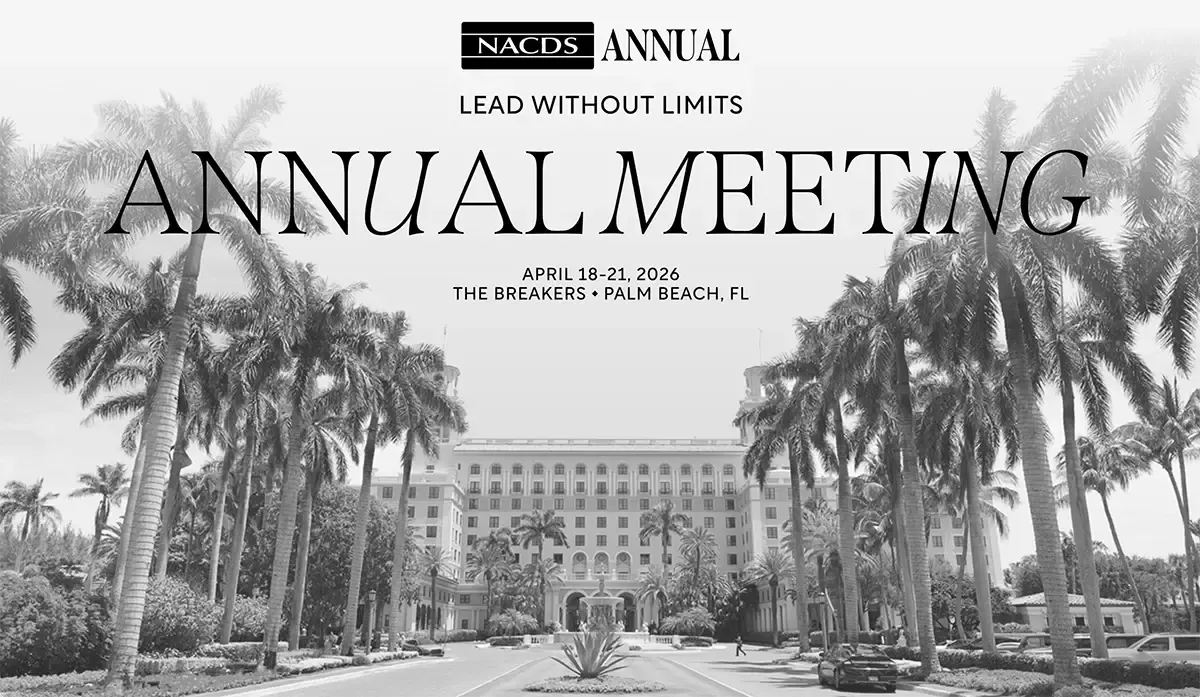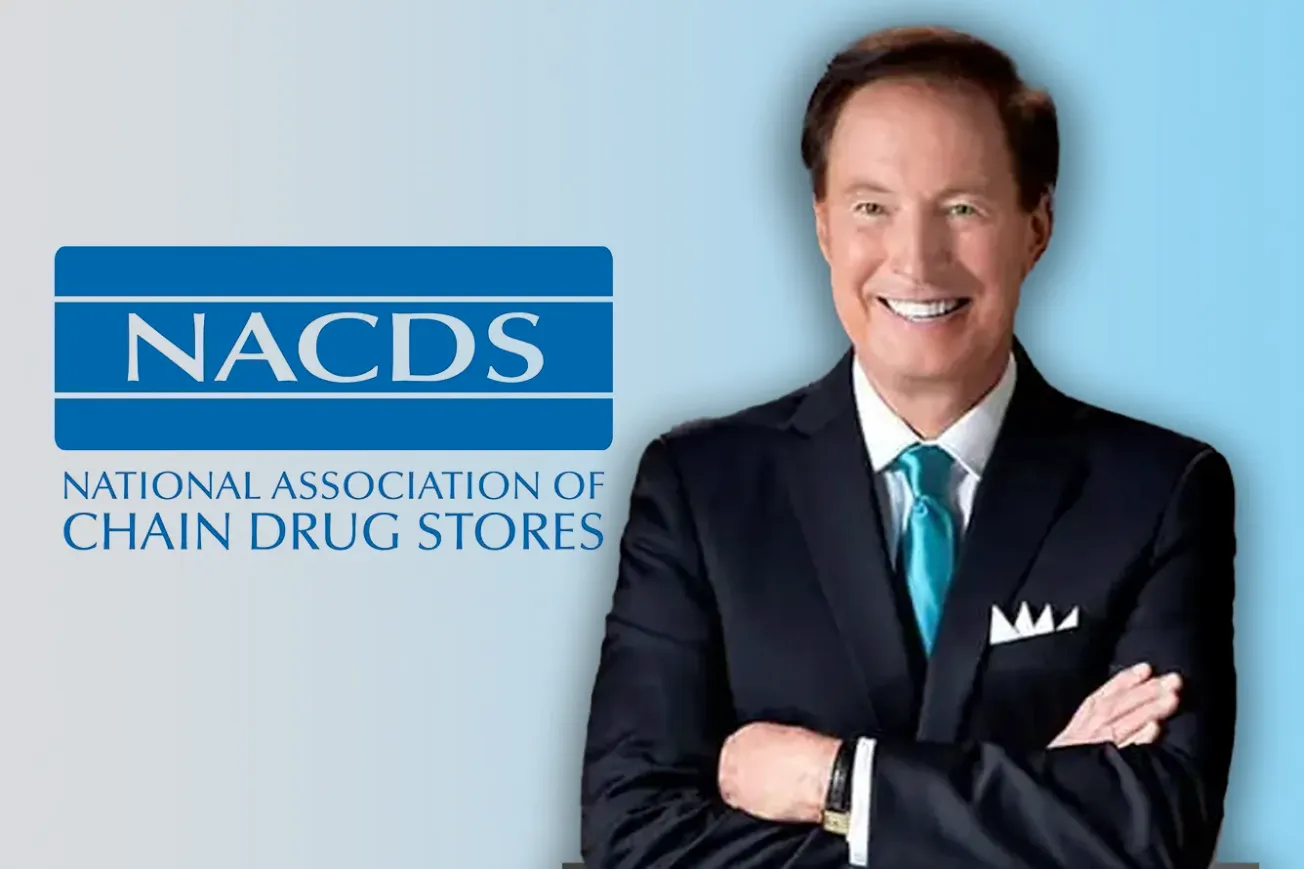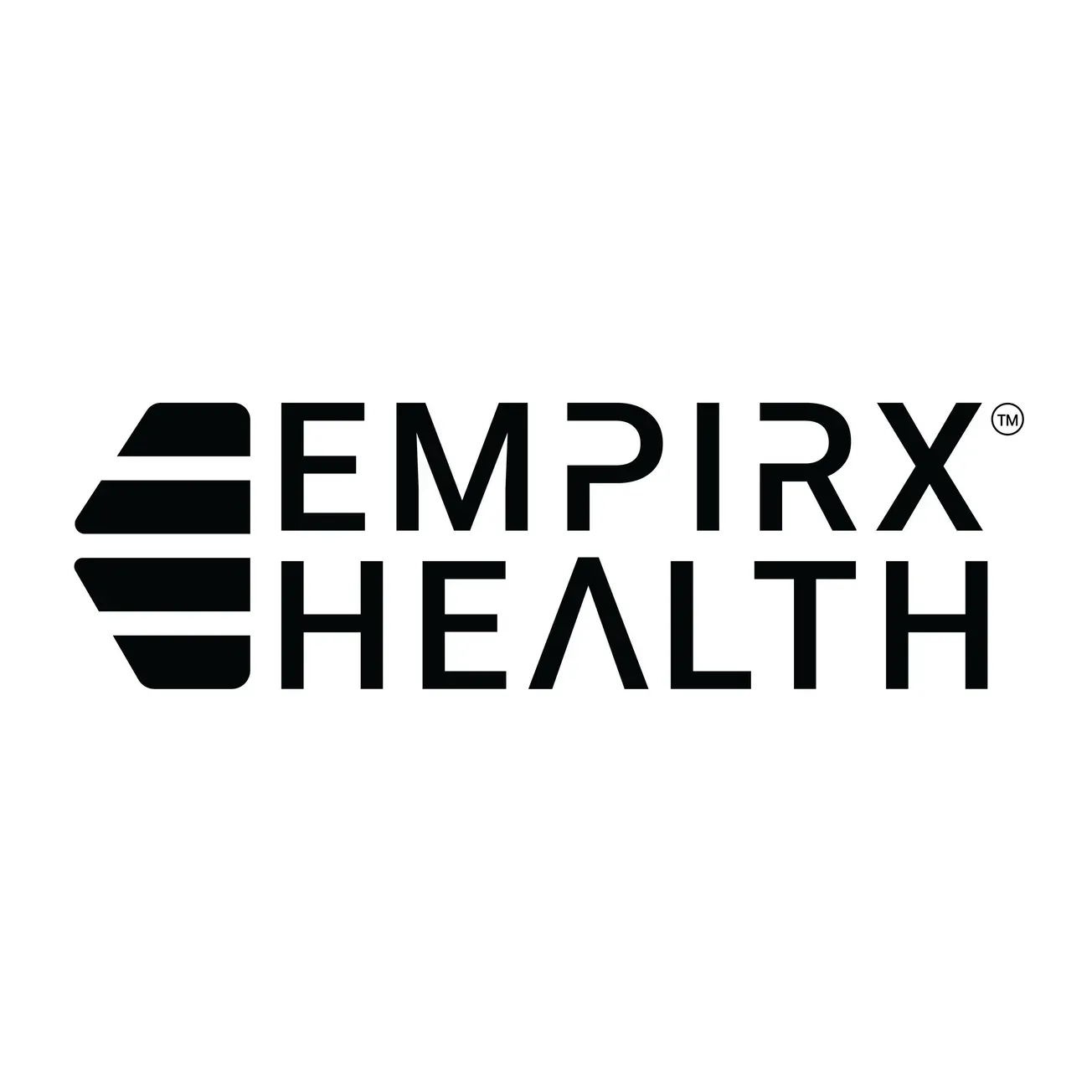ALEXANDRIA, Va. – A new national survey shows more than 90 percent of independent pharmacists may not sell drugs for which the Medicare Part D program is trying to negotiate lower prices. If they don’t, the administration’s effort to reduce prescription drug prices is bound to fail, said the National Community Pharmacists Association today.
“Lower prices won’t mean much to people who can’t find the drugs,” said NCPA CEO B. Douglas Hoey, pharmacist, MBA. “Unfortunately, the new CMS guidance fails to ensure fair reimbursement for pharmacies that dispense the drugs. It also fails to ensure timely reimbursement. Pharmacists are health care providers and pharmacies are also businesses that can’t afford to lose money on prescriptions they dispense. The president’s entire program is in jeopardy if that isn’t addressed.”
The administration announced in August a list of 10 drugs for which the Medicare Part D program will seek to negotiate lower prices. They include drugs for diabetes, blood clots, heart disease, and other conditions. According to the survey, 51 percent of respondents say they are strongly considering not stocking the drugs because of the potential underwater reimbursements from pharmacy benefit managers. Another 40 percent of respondents say they are somewhat considering not stocking the medications.
The Medicare Drug Price Negotiation Program starts in January of 2026. NCPA estimates pharmacies that dispense drugs in the program will have to tie up $27,000 of their own money every month to stock the drugs and then wait a month or more for manufacturer refunds to make the pharmacy whole. For many pharmacies, the resulting cash flow crunch will be too much for them to absorb in an already difficult payment environment. Importantly, the CMS guidance offered no assurances that the payments to pharmacies from PBM middlemen would cover the pharmacy’s costs to acquire and dispense the medicine.
Serving Medicare Part D patients accounts for roughly 35 percent of the average pharmacy’s business, but low reimbursements are forcing many independent pharmacists to reconsider participating in the program. In a February survey, 93 percent said they were considering dropping out this year. In this most recent survey, 73 percent say they have not yet finalized their contracts for 2025, and they don’t know which plans they’ll be in. This is troubling considering open enrollment begins Oct. 15.
Low-ball reimbursements are limiting patient access to other drugs as well. Prescriptions for the popular and expensive GLP-1 drugs for diabetes and weight loss often result in insurance company payments that are less than what the pharmacy paid for the drug. Ninety-five percent of pharmacists who dispense them say they lose money on the drugs, according to the survey. Fourteen percent no longer stock them at all, and another 59 percent are considering not dispensing them.
Pharmacists are in business to help patients get the medications they need and use them safely and effectively. But, like all businesses, they need to be paid more than their cost to keep their doors open and serve their communities.
At a congressional hearing in July where lawmakers in both parties grilled CEOs for the three largest PBMs, the head of Express Scripts testified that his company is happy to negotiate with pharmacists for fairer reimbursements. But according to the NCPA survey, 98 percent of pharmacists said they weren’t able to negotiate with Express Scripts before that hearing. Ninety-six percent say they haven’t been successful at negotiating with Express Scripts since the hearing, either.
“The PBMs offer take-it-or-leave contracts. They don’t negotiate because of their dominant market share, which is one reason why the FTC is investigating their business practices,” said Hoey. “Pharmacists who want to keep their patients are often forced to dispense prescriptions for less than their cost to acquire the medicine. That’s why there are now 10 percent fewer pharmacies for patients to choose from, and it’s why many are considering dropping out of the Medicare Part D program altogether.”
Congress is considering two important PBM reforms this year. There is bipartisan support, but time is running out.
“If Congress doesn’t get this done this year, a lot of pharmacies will drop out of the Medicare Part D program and patients will be stranded,” Hoey said. “Many others will close their doors permanently, leading to more consumers living in pharmacy deserts.”









